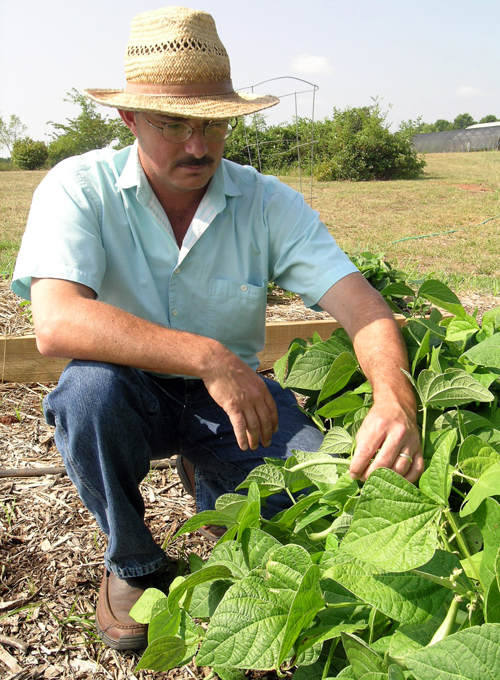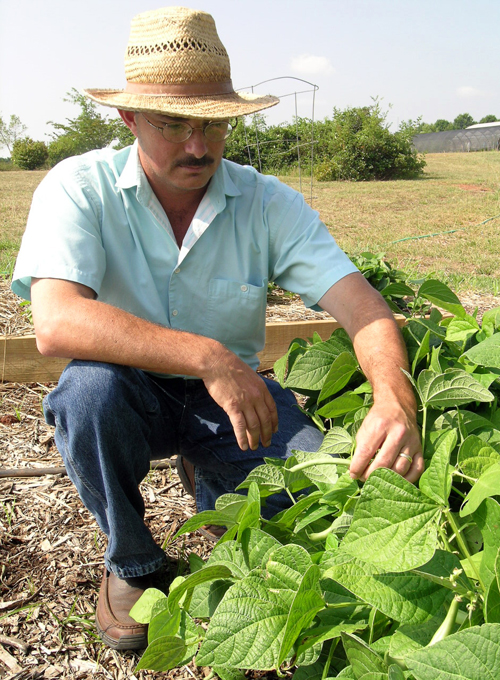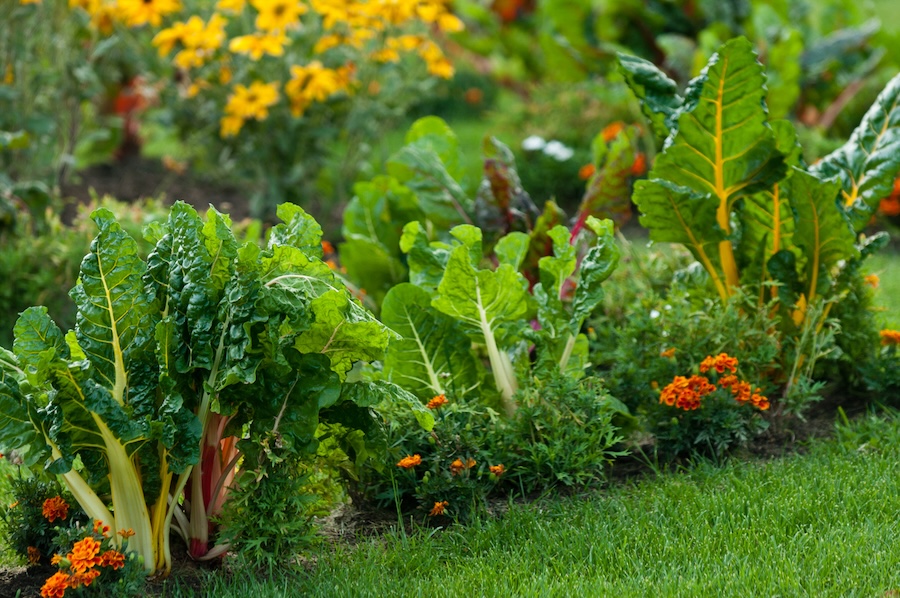Growing food at home can be a refreshing and rewarding experience. But getting started can feel overwhelming.
University of Georgia Cooperative Extension agents are available across the state to help Georgians produce their own food. But the ultimate resource for home vegetable gardeners is Bob Westerfield, the state’s Extension consumer horticulturist. Every year, he reaches thousands of people through news articles, publications and programming.
Growing family food
“I’ve seen an increase in people wanting to produce their own foods at home,” Westerfield said. “It is economical to produce some foods at home, and some people are concerned about food safety. If they grow it themselves, they have an absolute that what they put in is what they get out.”
His overarching message: Create a balance between what you want and what is realistic.
“Planning is very important when starting a new garden,” he said.
Plan before you plant
Consider how much time you have and what you want out of your garden. Then, set some goals and get to work by following Westerfield’s steps to make gardening easier:
1. Select a good location for the garden. A typical family of four can get a wealth of food from a 20×30 garden. Be sure to have a soil test completed by the local county Extension office and follow through with any recommendations. To learn how to submit a soil sample, contact your local Extension agent at 1-800-ASK-UGA1.
2. When planning a new garden, consider adding an extra row and donating the surplus to a local food bank.
3. Learn which varieties to plant, when to plant them and how. Plan planting dates based on recommended temperatures.
4. After planning and planting, watch for moisture. Westerfield recommends installing some type of irrigation system. Vegetables that are tough or bitter signal problems with the watering cycle.
5. Harvest regularly. Tomatoes, beans and okra need to be harvested often to help the plant continue producing. Picking plants while they are immature is best for taste, too.
6. Once vegetables have played out, move on. Either dig up the entire plant or till it into the soil. Leaving plants in the garden invites disease and insect infestations that may last until the next year.
Georgia’s climate allows for multiple gardens each year. With proper planning, Georgia gardeners can plant two spring crops and two winter crops.
For more information about home vegetable gardening, contact your local county Extension office by calling 1-800-ASK -UGA1.




